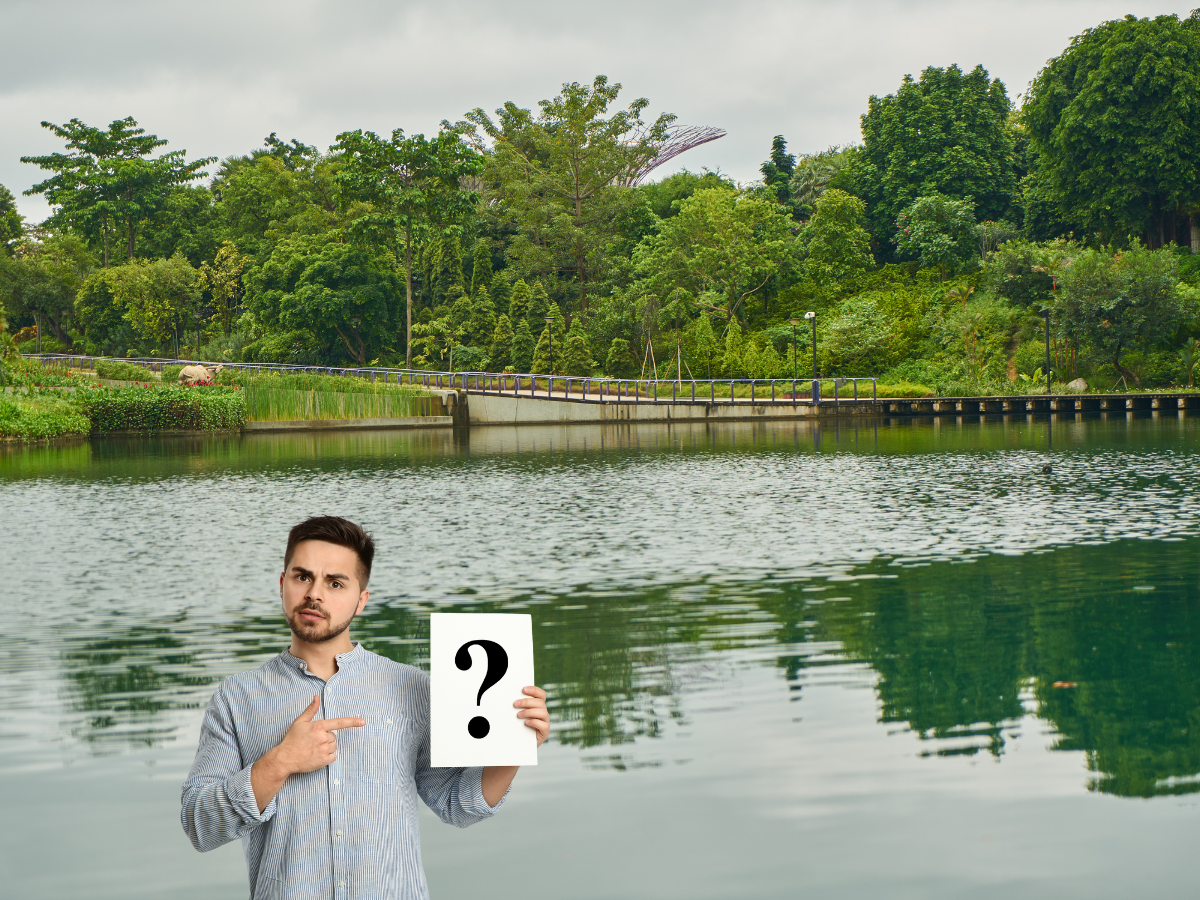
Retention ponds, also known as stormwater ponds, play a vital role in managing rainwater, preventing flooding, and improving water quality in communities. But have you ever wondered who is responsible for keeping these ponds clean and well-maintained in Georgia?
This question often arises among homeowners, Homeowners’ Associations (HOAs), and even local authorities. In this blog, we will explain in simple terms who is responsible for retention pond maintenance in Atlanta & other Georgia’s cities, how maintenance works, and why it matters for your community.
What Is a Retention Pond?
Before diving into responsibilities, let’s understand what a retention pond is. Imagine a small lake or pond built in your community to collect rainwater and runoff. It temporarily holds water from streets, rooftops, and lawns, allowing sediments and pollutants to settle before releasing cleaner water into rivers or streams. Retention ponds help:
Reduce flooding
Control erosion
Improve water quality
Prevent mosquito breeding
These ponds are common in neighborhoods, apartment complexes, and commercial areas across Atlanta and the rest of Georgia.
Why Maintenance of Retention Ponds Is Important
Even though retention ponds are designed to manage water automatically, they still need regular care. Neglecting maintenance can cause serious issues, including:
Overflowing water that can damage nearby homes
Algae growth that smells bad and harms aquatic life
Mosquito breeding, increasing the risk of diseases
Sediment buildup, reducing pond capacity and efficiency
Dam or embankment damage, which can be expensive to repair
Regular maintenance ensures the pond continues to protect your community and keeps it visually appealing.
Who Is Responsible for Retention Pond Maintenance in Georgia?
Responsibility for retention pond maintenance can be confusing because it often depends on ownership and local regulations. Let’s break it down:
1. Property Owners
In many communities, the individual property owner may have some responsibility if the pond is located on or near their property. Typical tasks for property owners may include:
Keeping the area around the pond clean (e.g., removing trash or debris)
Preventing pollution from entering the pond (e.g., chemicals, oils, fertilizers)
Reporting problems like erosion or unusual water levels to the HOA or local authorities
However, most homeowners do not handle heavy maintenance, such as dredging or repairing pond structures. This is usually managed by HOAs or local governments.
2. Homeowners’ Associations (HOAs)
HOAs are often the primary caretakers of retention ponds in residential neighborhoods. Responsibilities may include:
Routine inspection of the pond, including embankments, inlets, and outlets
Mowing and landscaping the pond surroundings
Sediment removal to maintain water capacity
Erosion control and minor repairs
Mosquito control measures
Hiring professionals for dredging, chemical treatments, or repairing structural issues
HOAs fund maintenance through monthly or yearly fees collected from homeowners. It’s important to check your HOA’s governing documents to understand what they cover.
3. Local Authorities
In some cases, local municipalities or counties may be responsible, especially for ponds in public areas or commercial developments. Responsibilities may include:
Regulatory compliance, ensuring ponds meet Georgia Environmental Protection Division (EPD) standards
Inspection and enforcement of maintenance rules
Emergency repairs if a pond threatens public safety
In Atlanta and other Georgia cities, stormwater management departments often oversee public retention ponds and can fine private owners or HOAs for neglect.
Legal Considerations in Georgia
In Georgia, the law can clarify responsibilities:
Local Codes and Ordinances: Many counties require property owners or HOAs to maintain stormwater facilities. Failure to do so may result in fines or legal action.
HOA Covenants: Most HOAs include retention pond maintenance in their covenants and bylaws. Homeowners are legally bound to follow these rules.
Liability: If a poorly maintained pond causes flooding or damage, the responsible party—whether a homeowner, HOA, or developer—can be held liable.
It’s crucial for property owners to know who is responsible to avoid legal or financial issues.
Common Retention Pond Maintenance Tasks
Let’s simplify maintenance tasks as if explaining to a 10-year-old:
Trash Cleanup: Pick up bottles, plastics, and leaves. This stops water from getting dirty.
Grass Mowing: Keep the pond edges neat so water flows easily.
Erosion Fixing: If dirt is washing away, add rocks or plants to hold it in place.
Mosquito Control: Add safe fish or use treatments to stop mosquito larvae from growing.
Water Quality Check: Look for strange color, bad smell, or algae. Report to HOA if needed.
Sediment Removal: Every few years, remove sand or dirt at the bottom to keep water flowing.
HOAs usually hire professionals for bigger tasks like dredging or repairing ponds.
FAQs
Q1. How often should a retention pond be maintained?
Answer: Retention ponds in Georgia are usually inspected monthly by HOAs and professionally maintained every 1–3 years. Simple tasks like trash removal and grass mowing are done more frequently.
Q2. Can a homeowner be fined for not maintaining a pond?
Answer: Yes. If your HOA or local code assigns you responsibility and you neglect it, fines or legal action can occur.
Q3. Who regulates retention ponds in Georgia?
Answer: Local municipalities, counties, and the Georgia Environmental Protection Division (EPD) regulate retention ponds. They set rules for design, maintenance, and water quality.
Q4. Why do retention ponds sometimes smell bad?
Answer: Ponds can smell if algae grows, water stagnates, or trash accumulates. Regular maintenance prevents this.
Tips for Homeowners in Atlanta, Georgia
If you live near a retention pond, here’s what you can do:
Check your HOA documents to know who handles maintenance.
Report issues like flooding, erosion, or algae growth.
Avoid dumping chemicals or debris in or near the pond.
Participate in community cleanups—many HOAs organize volunteer events.
Know local regulations—Atlanta’s Department of Watershed Management provides guidelines for stormwater management.
Benefits of Proper Maintenance
Proper pond maintenance is not just a rule—it brings real benefits:
Flood Prevention: Maintains pond capacity for heavy rain.
Health Protection: Reduces mosquito breeding and bacteria.
Property Value: Well-maintained ponds improve neighborhood aesthetics.
Environmental Impact: Keeps local waterways clean by filtering runoff.
Communities that invest in maintenance enjoy safer, healthier, and more beautiful surroundings.
Key Takeaways
Responsibility varies: Homeowners, HOAs, and local authorities all may play a role.
HOAs are often the main caretakers of neighborhood ponds.
Legal obligations exist under Georgia codes and HOA bylaws.
Maintenance includes trash removal, landscaping, sediment control, and mosquito management.
Neglect can cause flooding, bad smells, legal liability, and property damage.
Stay informed about local regulations and HOA responsibilities to protect your property and community.
Conclusion
Retention pond maintenance in Georgia is a shared responsibility that ensures the safety, beauty, and health of your neighborhood. By understanding whether you, your HOA, or local authorities are responsible, you can take the right steps to prevent problems and comply with regulations. Proper care of these ponds protects homes, enhances property values, and supports environmental sustainability.
Whether you are a homeowner in Atlanta, part of an HOA, or a local official, keeping retention ponds in top shape is crucial. Small efforts like trash removal, reporting issues, and knowing legal responsibilities go a long way in maintaining a thriving community.
Written By: Aquatic Restoration
At Aquatic Restoration, we’ve been helping Georgia pond and lake owners since 1970. Our services include shoreline stabilization, spillway renovation, siphon installation, lake management, dredging, and retention pond maintenance. We fix problems without harming your land or budget.
Phone: 770-592-5099 | 678-949-3973
Mail: chris@aquaticrestoration.net
Website: www.aquaticrestoration.net
Find on Google Maps: https://maps.app.goo.gl/HYvUbp4XReUuhjST7
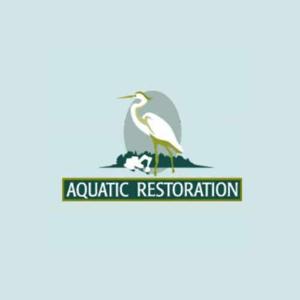
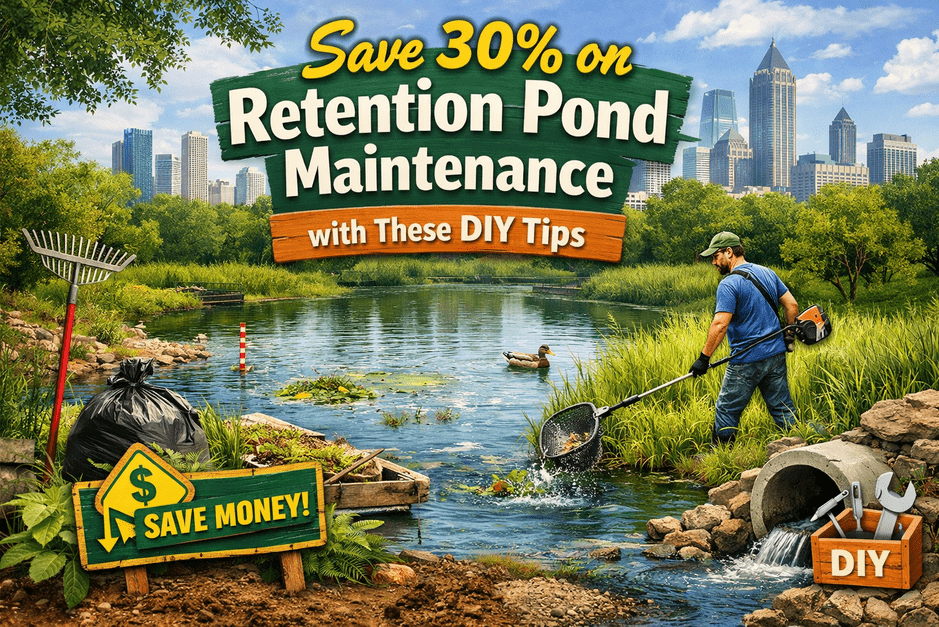
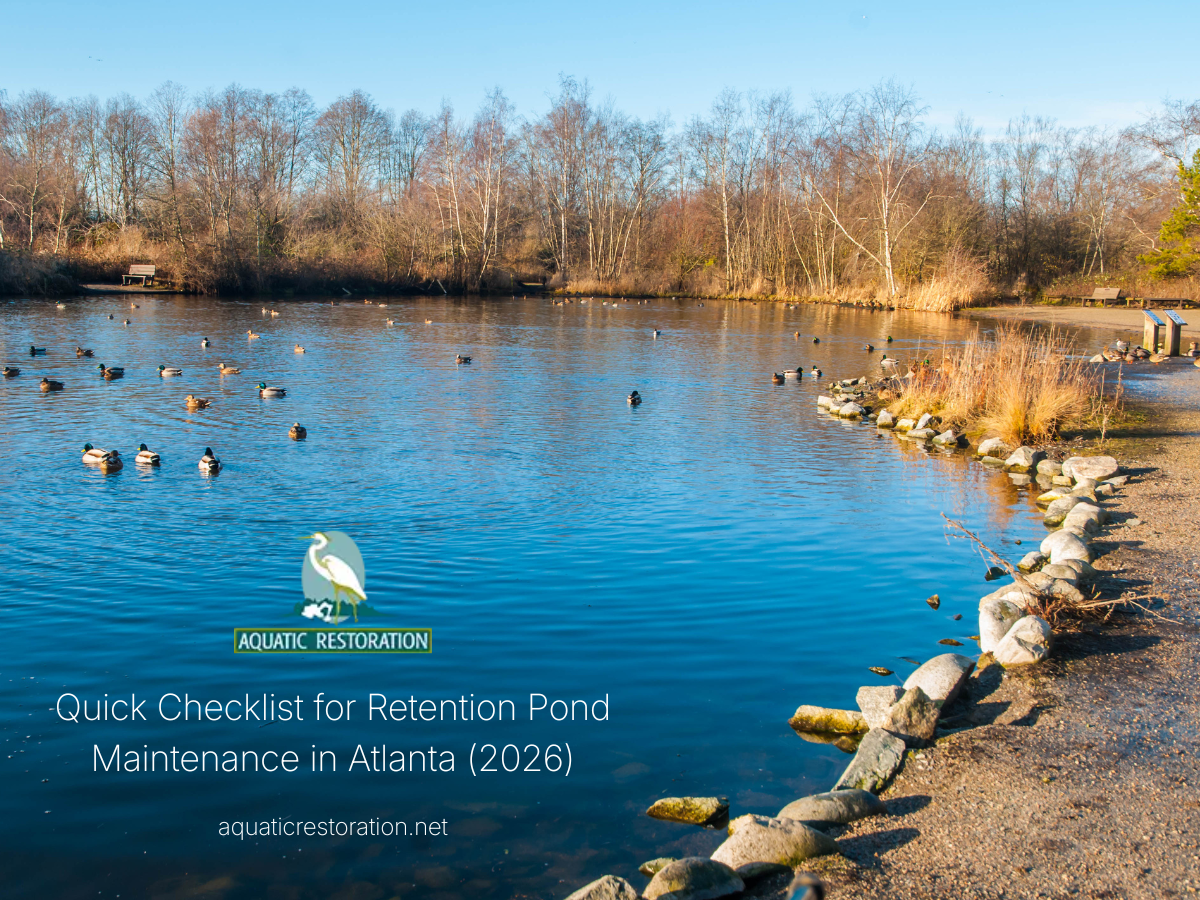
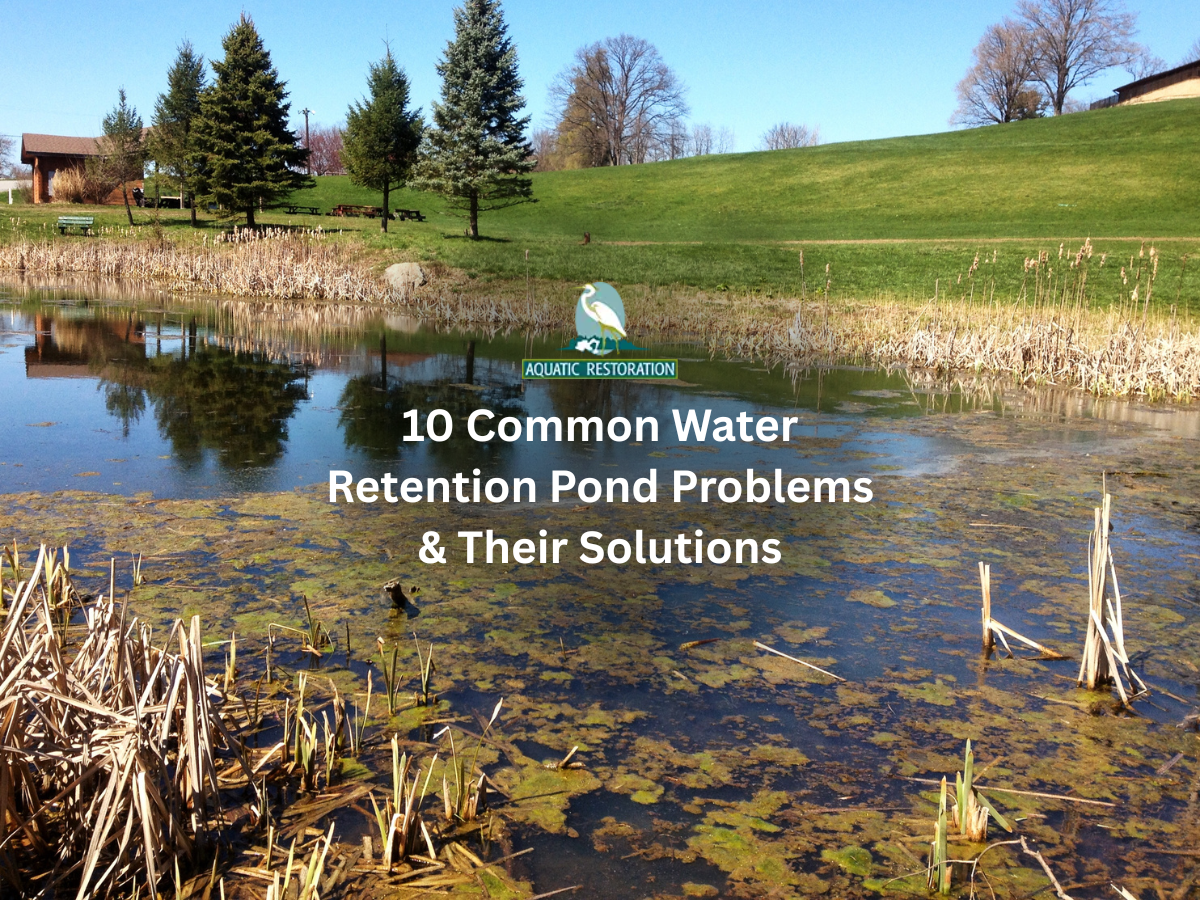
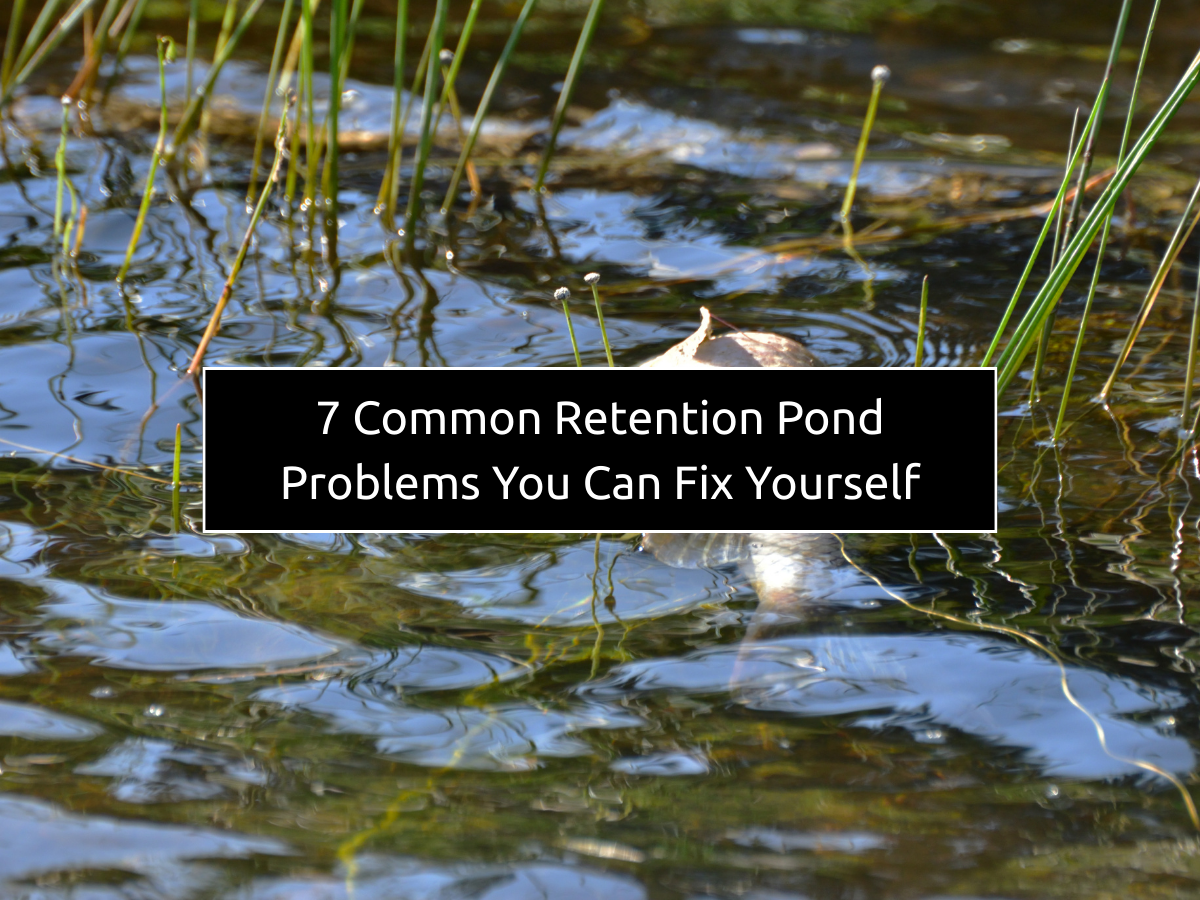
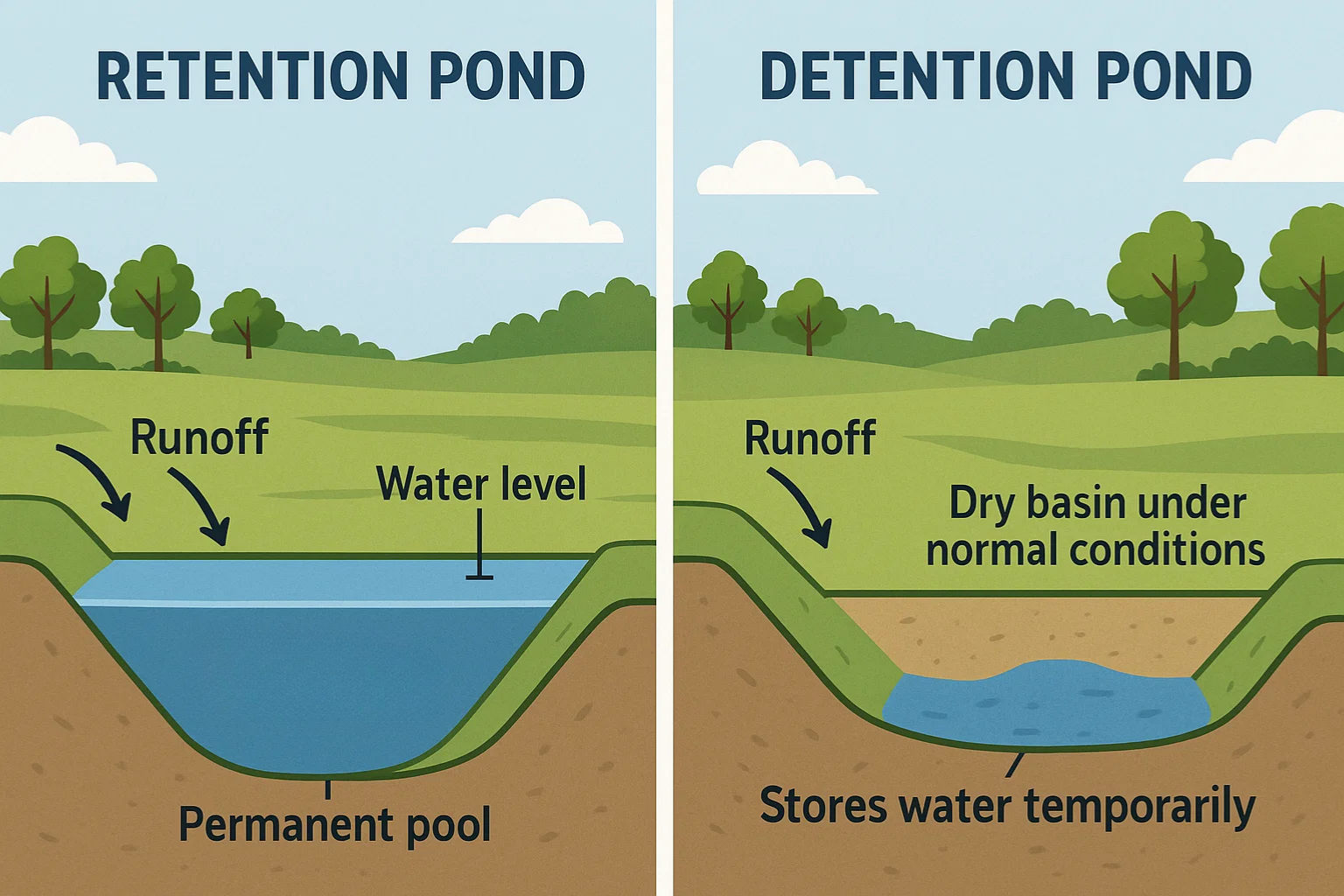
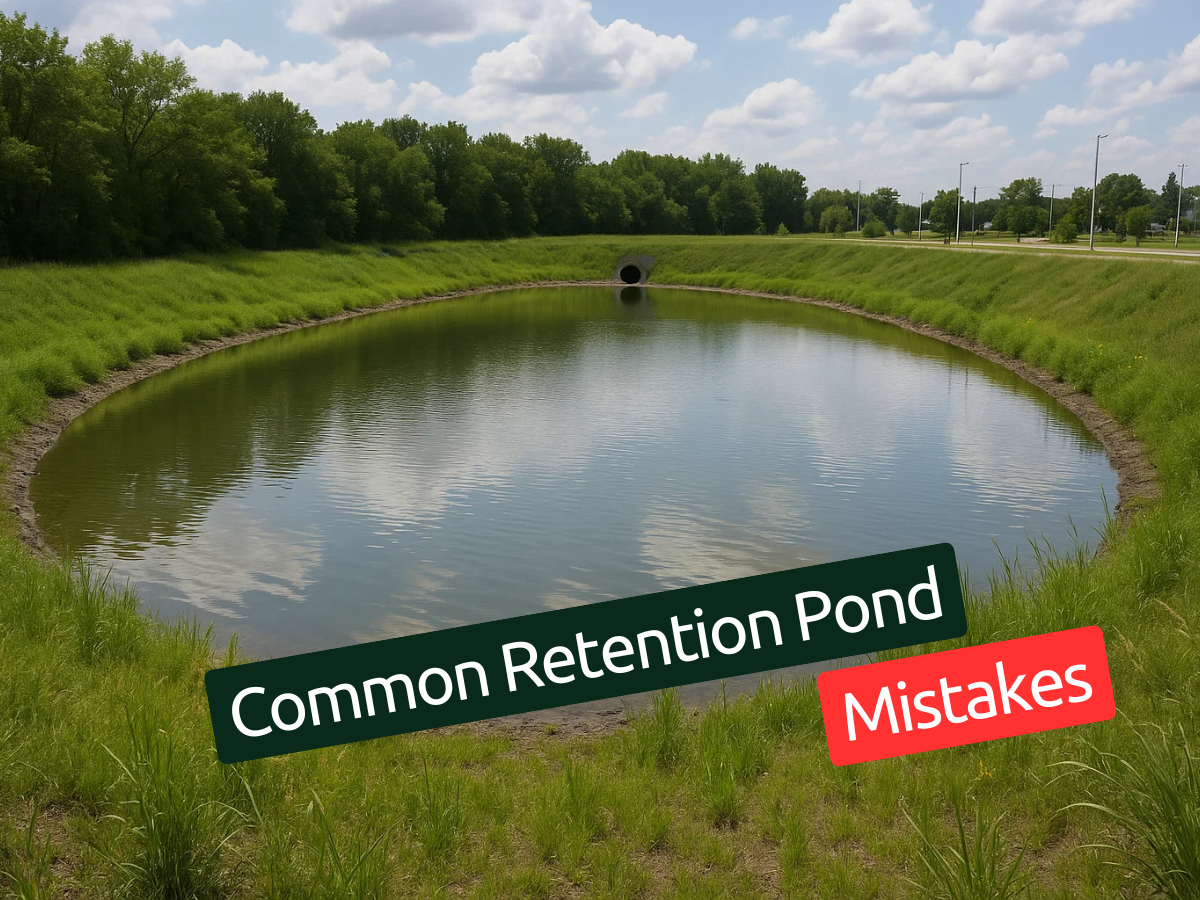
Write a comment ...